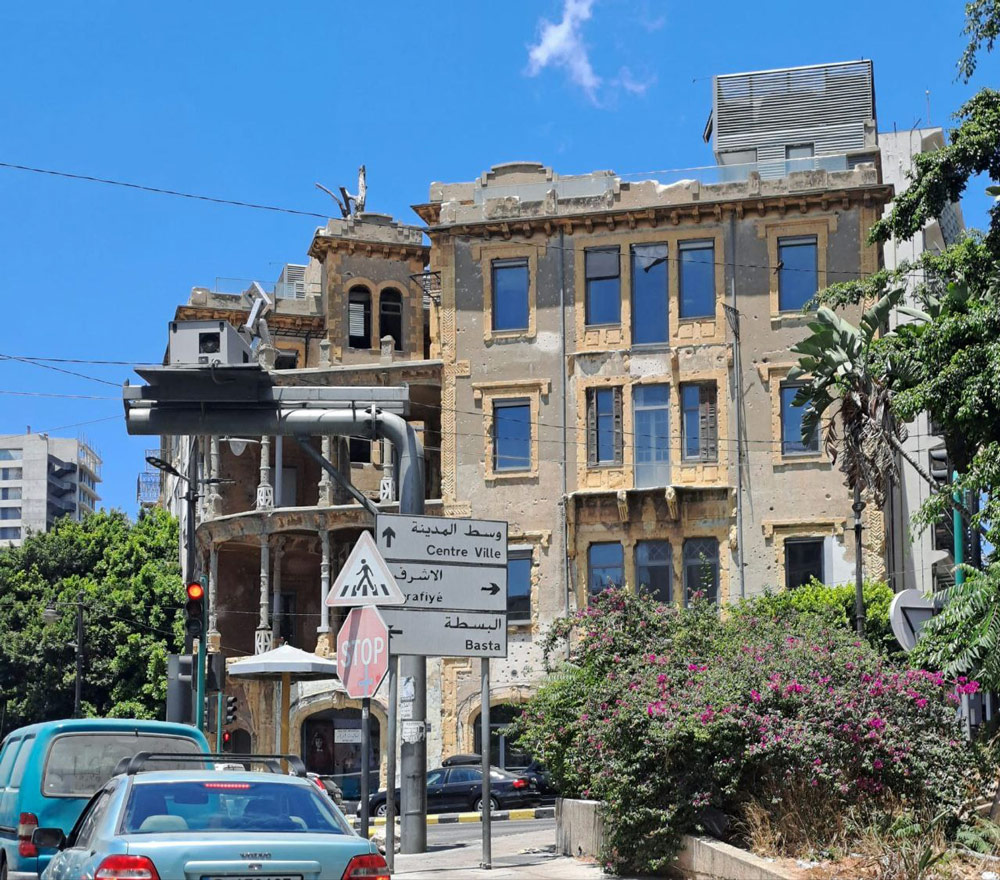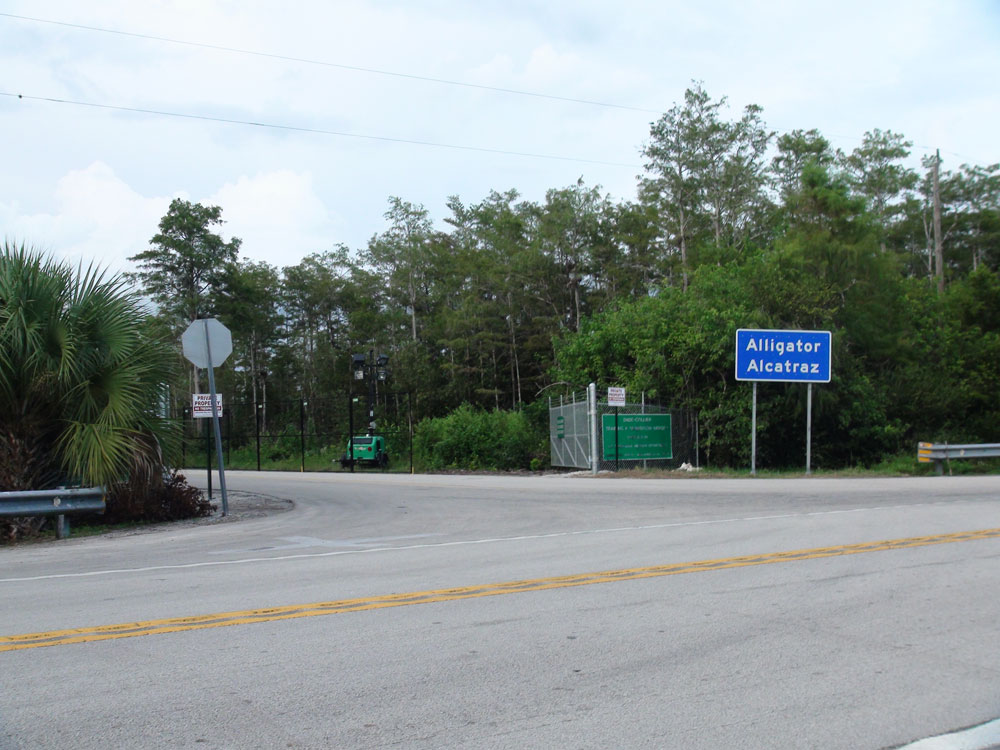Written by Mireille Rebeiz
Iran is now weaker and more vulnerable following a 12-day conflict that Israel started and that the US temporarily joined. And that has significant ramifications for Lebanon, another nation in the region.
In its own conflict with Israel in October 2024, Tehran’s principal ally in Lebanon, Hezbollah, has already lost a significant number of its fighters, weaponry, and public support.
The Iranian government can no longer effectively fund, support, and guide Hezbollah in Lebanon as it once did. The U.S. recently outlined terms for an agreement that would see the withdrawal of Israeli troops from southern Lebanon in exchange for the complete disarmament of the paramilitary group, a proposal that is reportedly supported by the Lebanese government, further compounding this trend away from Hezbollah’s power.
As a specialist in Lebanese history and culture, I think that these shifting regional dynamics present the Lebanese government with a chance to adopt a more impartial stance and distance itself from nearby conflicts that have long made the country’s long-standing issues worse.
The shaping of modern Lebanon
In terms of ideology, Hezbollah, the Shiite Islamist political party and armed organization, was established under conditions greatly influenced by events in Iran.
An Islamic republic was established when the widely despised and corrupt monarchy of Shah Mohammad Reza was overthrown during the Iranian Revolution of 1978–79. The youthful Shiite community in Lebanon, where an apolitically sectarian structure meant to provide a balanced representation of Muslims and Christians in the nation had resulted in de facto discrimination against marginalized groups, found resonance in that revolt.
The majority of power has been held by Sunnis and Maronite Christians since Lebanon gained its independence from France in 1943, depriving Shiite areas in the Bekaa Valley and south Lebanon of infrastructure, social services, and development initiatives.
At the same time, the politics of Israel, Lebanon’s powerful neighbor, had irrevocably altered the country for decades.
Over 750,000 Palestinians were forcibly expelled from their homes by Israel during the establishment of its state in 1948; this is known to the Palestinians as the Nakba, or catastophe. Many escaped to Lebanon, mostly to the Bekaa Valley, which became a focal point of Palestinian resistance to Israel, and the poor south of the country.
In order to drive Palestinian fighters away from its northern borders and stop rockets fired from south Lebanon, Israel invaded Lebanon in 1978. Numerous civilians were massacred during this conflict, and many Lebanese and Palestinians were displaced further north.
The claimed goal of Israel’s 1982 invasion of Lebanon was to destroy the Palestinian Liberation Organization, which had relocated its headquarters to the south of the nation. Between 17,000 and 19,000 Palestinian and Lebanese civilians and military personnel are thought to have died during the fighting and the siege of Beirut that followed.
Encouraged by Shiite mobilization after the Iranian revolution and Israel’s invasion and occupation, Hezbollah emerged as a paramilitary organization in 1985 amid this crucible of domestic and regional sectarianism and governmental desertion.
Hezbollah s domestic spoiler status
With Iran’s ongoing assistance, Hezbollah has grown to be a significant force in the Middle East, supporting the Kata ib Hezbollah, a powerful Iraqi pro-Iranian militia, and interfering in the Syrian civil war to back the Assad government.
Hassan Nasrallah, the secretary general of Hezbollah, formally acknowledged Iran’s financial support of the group’s operations in 2016.
Hezbollah was able to function as a state inside a state with Tehran’s help, utilizing its political influence to veto the great majority of Lebanese legislative resolutions that it disagreed with. In this context, Lebanon saw three protracted presidential voids: November 2007–May 2008; May 2014–October 2016; and October 2022–January 2024.
From 2005 to 2021, Lebanon also had a number of political killings that targeted journalists, academics, politicians, and other individuals who opposed Hezbollah.
How the equation has changed
Therefore, it would be an understatement to suggest that Lebanon is experiencing significant political repercussions from Hezbollah’s and Iran’s weakened positions as a result of their respective confrontations with Israel since late 2023.
Following Hezbollah’s military defeats against Israel, Lebanon elected former army commander Joseph Aoun as president, filling the most recent presidential void.
The Lebanese opposition to Hezbollah, which is made up of public figures and members of parliament, has stepped up its criticism of the group in spite of the prospect of violence. They have publicly condemned its leadership and demanded that Lebanon maintain its political neutrality.
These dissident voices first appeared cautiously during the 2011 Syrian civil war and have since expanded following the Hamas strikes on October 7 and the fighting that followed in Gaza.
The Lebanese opposition felt encouraged to restate its plea for neutrality during the most recent Israel-Iran confrontation. Some opposition leaders have even called for normalizing relations with Israel, made possible by the United States’ increasing influence over Lebanon.
These initiatives to keep Lebanon out of the violent cycle are not insignificant. Previously, Hezbollah and its allies would have attacked them for what they would have deemed high treason. They now symbolize a new paradigm for how regional leaders are thinking about both internal politics and diplomacy.
The critical regional context going forward
Hezbollah is having previously unheard-of financial difficulties and is unable to provide for its fighters’ necessities, including the pledge to reconstruct their destroyed homes, as the political system slowly changes. Furthermore, Iran is now far less able to provide Hezbollah with significant international backing due to its own severe internal issues.
Despite this, Hezbollah remains a formidable political and military force, especially given the external excuse provided by the recurrent conflicts with Israel.
On November 27, 2024, the United States and France mediated a truce that concluded the Hezbollah-Israel conflict. However, Israel has been hitting south Lebanon nearly every day. Over the period of ten days, from late June to early July, there have been three instances that have left multiple people dead and over a dozen injured.
Hezbollah continues to undermine the authority of the Lebanese army and government by refusing to disarm and by portraying itself as the sole protector of Lebanon’s territorial integrity in the face of these crimes.
Syria, Lebanon’s other neighbor, will be crucial as well.Hezbollah’s influence in the area and its access to land in Iran and Iraq were decreased when the Assad regime fell in December 2024. Furthermore, the new Syrian government is more concerned with empowering the Sunni community—which was persecuted under the Assad regime—than with promoting Iranian Shiite doctrine in the area.
Although it’s too soon to tell, border tensions could result in land loss or perhaps sectarian conflict in Lebanon. However, compared to its predecessor, the new Syrian government also takes a different stance toward its neighbors. Syria appears to be choosing negotiation over war with Israel after decades of animosity. The nature of these talks and their potential effects on Hezbollah and Lebanon are unknown. But there are legitimate worries about the region’s new borders.
As always, the United States will be crucial to the future of Lebanon and the surrounding area. The United States has been pressuring Lebanon to disarm Hezbollah, and Thomas Barrack, the country’s ambassador to Turkey and special envoy for Syria, expressed his utter satisfaction with Lebanon’s response so far. However, there hasn’t been any significant change in that regard thus far.
It is difficult to imagine a new, neutral Lebanon without significant regional changes, even in the face of appeals for neutrality and pressure from the United States. Progress toward peace in Gaza and securing Iran’s commitment to refrain from using Hezbollah as a proxy in the future remain the foremost priorities for any future course for Lebanon.
![]()
Mireille Rebeiz is Chair of Middle East Studies and Associate Professor of Francophone and Women s, Gender and Sexuality Studies at Dickinson College, and Adjunct Professor of Law at Penn State Dickinson Law, Dickinson College







